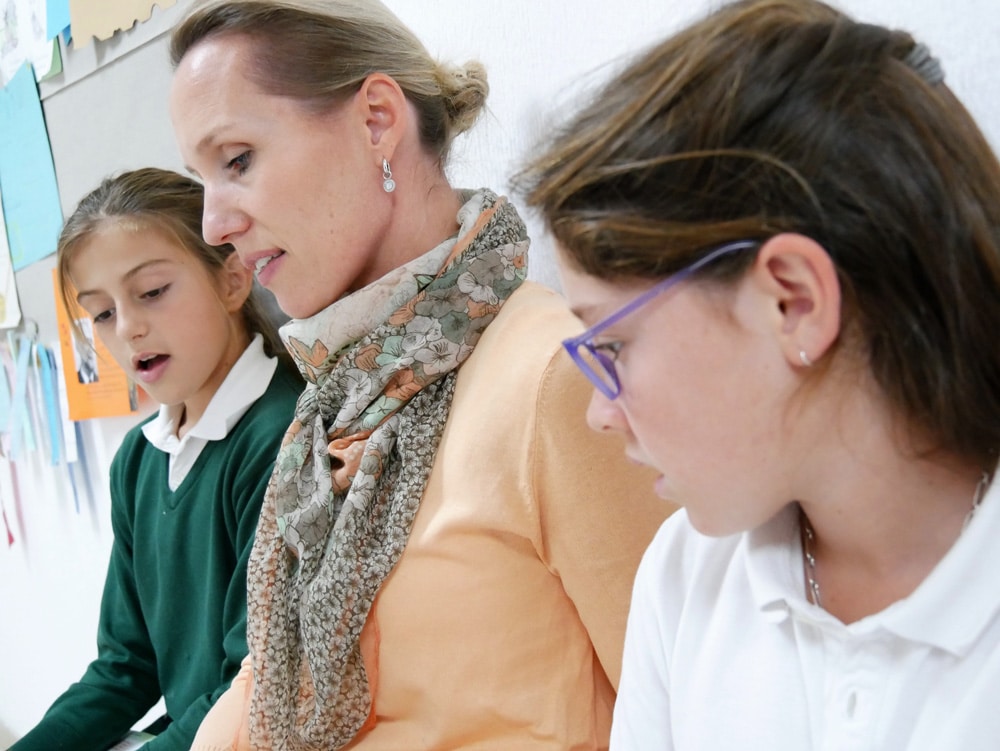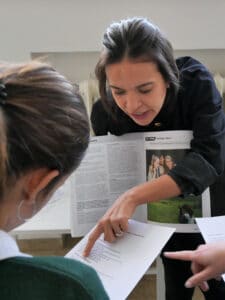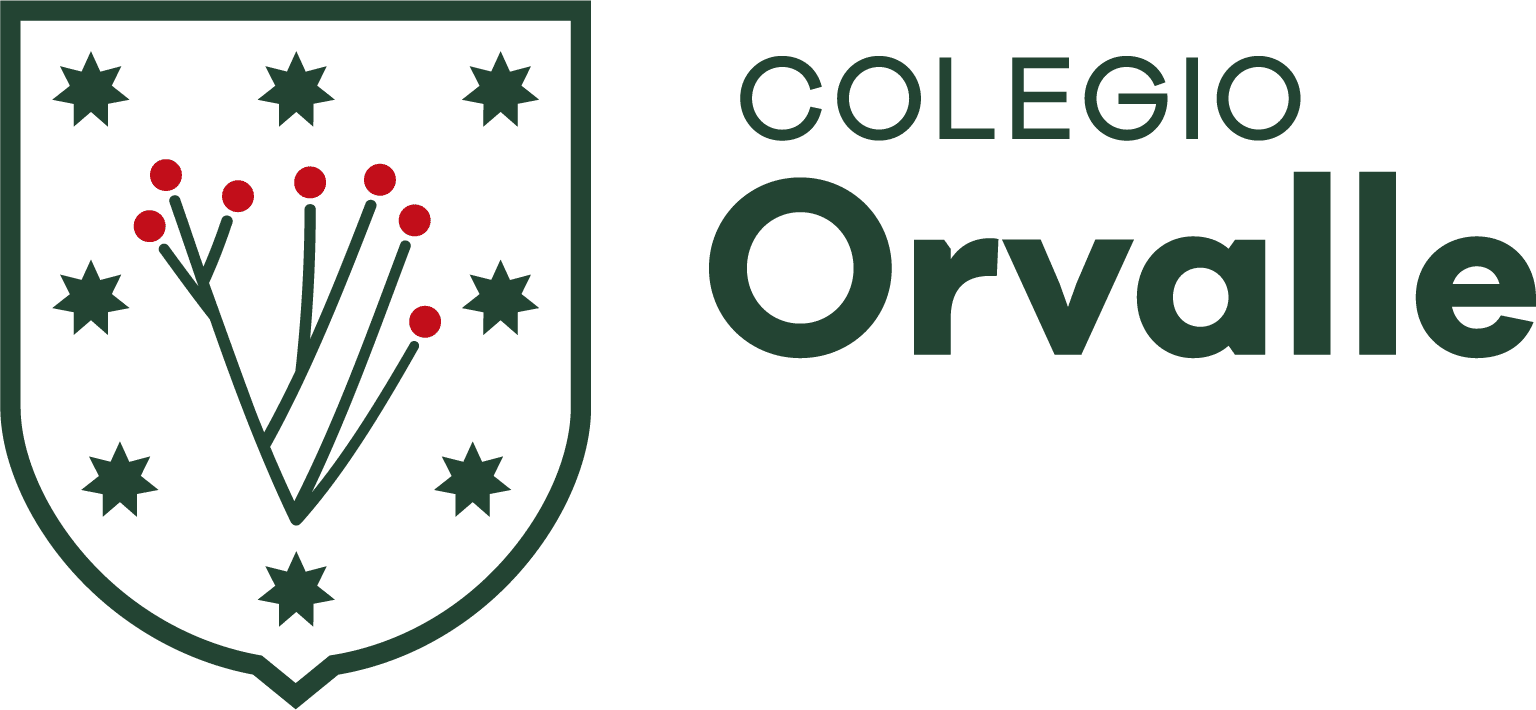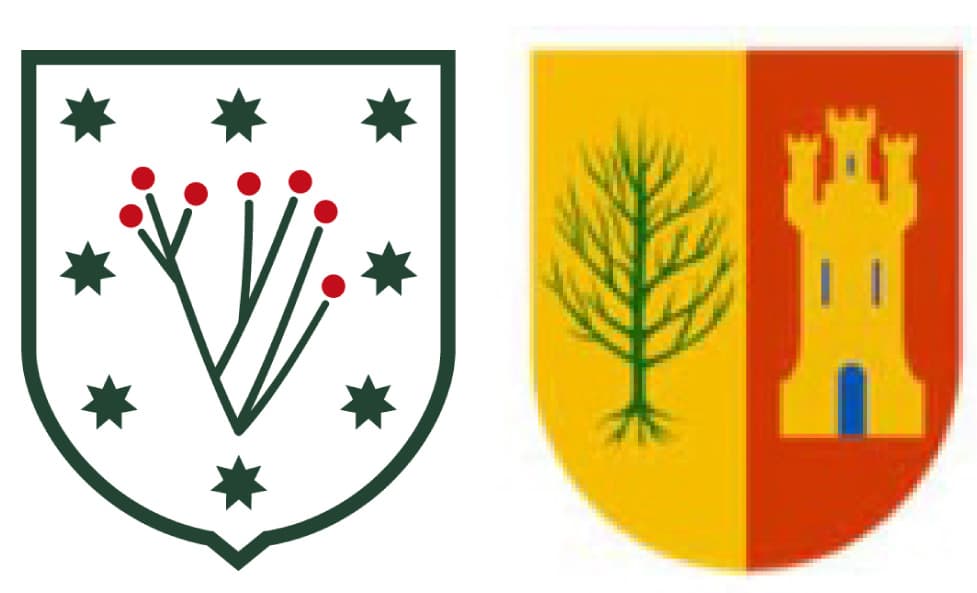Categorías:
When we change how we see things, we change what is possible

"The real act of discovery consists not in finding new lands, but in seeing with new eyes." (Marcel Proust)
Learning another language is sometimes underrated. It isn´t seen as important as the mother tongue nor math, Geography nor History. But the doors it opens are countless and have a lifelong impact. It could be compared to travelling to new and unknown places, as you literally discover new lands by learning a new language. You enter a world, where things are different, surprises await, and mistakes will happen, only to come out richer at the end.
Usually students don´t realise the importance of it - that the language they are learning exist beyond their textbook - until they find themselves in a situation where they really need the language, i.e. when traveling or when faced with someone who doesn´t speak their language. Then it becomes essential to know the foreign words and decipher their meaning. Only then can they feel how much it matters and its potential to change their interaction with the world they live in.

It usually requires leaving their comfort zone and accepting the challenge of not being able to represent themselves as they usually do in their own language. It also means not being able to follow all conversations, being misunderstood, not understanding all the jokes….at first. But when they get past this stage, the awakening that follows is truly worth it. Once this happens it´s almost irreversible as they acquire the skills that will serve them for the rest of their lives.
Of course, it takes a lot of different elements to become fully immersed in a culture and language. But once they have acquired a new language, they may also understand a new mindset. According to some studies, language is closely connected to a set mindset. People feel different when speaking a different language. When we enter another culture, our first response is to examine it using our own cultural assumptions, thinking that our way of seeing things is the ´normal´ way, the standard. We begin to become aware of aspects of people´s language and culture that they themselves are not aware of and take for granted. As we learn to see the world through the eyes of another culture we return to our own culture with new eyes and are able to re-evaluate our views and value the differences, as Proust suggests.
The satisfaction that this undertaking brings is priceless and the rewards are innumerable.
Knowing a new language is seeing with new eyes. It brings independence, new friends, more opportunities and cultural understanding and possibly even a new perspective. It also increases future competitiveness in an increasingly global market place, but most of all it widens your outlook.
Behind every language lies a culture, behind every expression a mindset waiting to be discovered. Learning the language is only the beginning, the tip of the iceberg, the spring board to dive into the complexities of a different nationality and its inherent meanings and codes.
STEPHANIE WALDCHEN
Profesora del Colegio Orvalle














